
For many people (garden folk included) spiders are the things nightmares are made of. Hollywood and Halloween have done nothing for the reputation of spiders (not to mention bats) and their true value they bring to the natural world.
There are 38,000 spider species world-wide and scientists assure us there are many more yet to be discovered. We might as well learn to live with them or at the very least, appreciate them for who they really are because these little predators are here to stay.
To give you a sense of proportion, out of the 38,000 spider species known so far, more than 3,500 make their home in the United States. Of these 3,500 there are only four spiders living in the U.S. that carry venom in large enough doses to hurt a human being. These would be the Brown Recluse, Black Widow, Hobo, and Yellow Sac spider.
These spiders are the ones you do want to watch out for as their venoms do amazing damage in some cases. But, that’s a whole different conversation. The vast majority of spiders don’t even have the mandible power to bite through human skin. So, your mother was onto something when she said that spiders are more afraid of you than you are of them. They should be.
From a spider’s point of view, of the 306,700,000 people living in the United States, potentially 100 % of them can (and want) to kill spiders. How would you like to play those odds? Spiders are often underapprecitaed as a valuable natural pest control in the garden. Here’s a very detailed Q and A for you:
Q. Remember those moths you’re constantly cursing for feasting on your veggies all summer?
A. Garden spiders.
Q. Flies and cucumber beetles making you lose sleep?
A. Spiders.
Q. Caterpillars and leaf hoppers?
A. Ummmm…spiders.
Q. Thrips and aphid troubles?
A. (Say it with me, now) – SPIDERS.
The scientific name for spider is “Arachnid” (uh-rack-nid) – like the movie. It comes from a Greek story about a princess named Arachne who wove silk so beautifully that the goddess Athena decided to have a weaving contest with the princess. When Arachne won the contest, Athena became incensed. Consumed by jealousy, Athena turned Arachne into a spider to spin silk forever. The common word “spider” is German for “spinner”. To this day, all spiders spin silk, although they don’t all make the stunning webs you find in your garden.
| Learn more about spiders and other beneficial creatures: • Meet the Garden Good Guys: Snakes, Toads, Spiders, and Bats |
If I’ve reached just one person, then this post was worth it. If you’re interested in keeping some valuable predators around, be sure to cover part of your garden or landscape with and organic mulch or cover crop. This way the spiders have a place for their eggs to over-winter and back off the pyrethrums and synthetic pyrethroids, would ya?


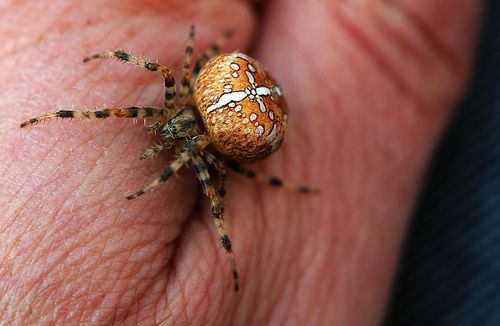
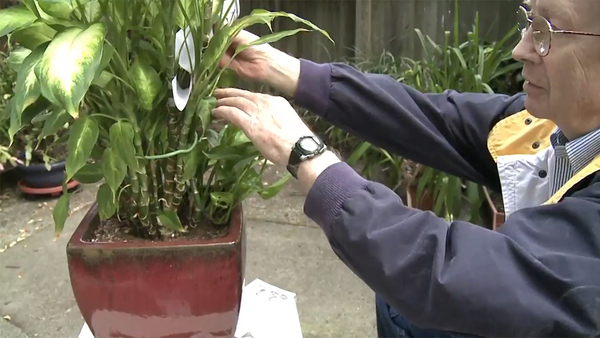

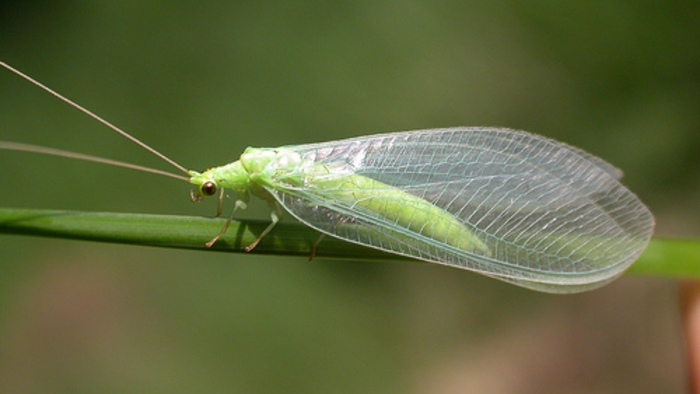

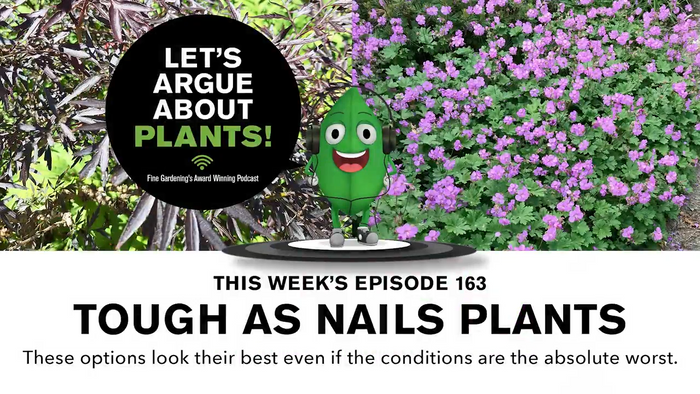
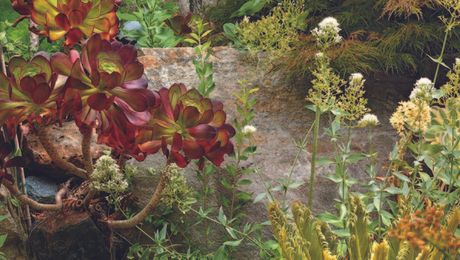
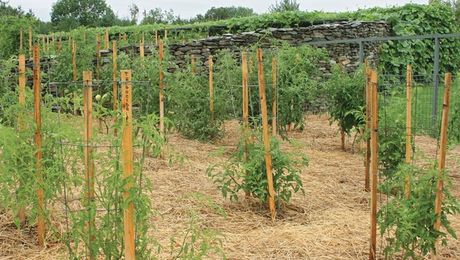









Comments
Log in or create an account to post a comment.
Sign up Log in